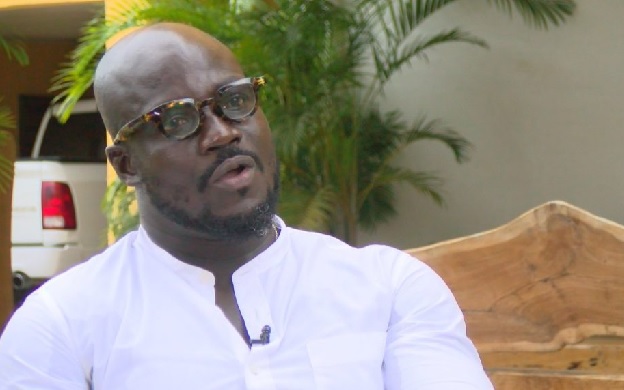
Stephen Appiah laments lack of progress, leadership in Black Stars
Former Black Stars Skipper, Stephen Appiah, has voiced his frustrations over the lack of progress in the Ghana national team, Black Stars, expressing concern that the team's performance has remained stagnant for years without any tangible improvement.
Appiah, who led the team to their first-ever FIFA World Cup appearance in 2006 and another outing in 2010, attributed the Black Stars' struggles to an evident lack of leadership within the squad.
His comments are particularly significant given his illustrious career in Ghana, Italy and Turkey before his managerial role as Team Manager of the Black Stars in 2017.
Appearing before a parliamentary fact-finding committee on the state of football, the 43-year-old football icon highlighted the declining interest in the sport among Ghanaians.
He attributed this to the national team’s prolonged trophy drought, with the last Africa Cup of Nations (AFCON) victory dating back to 1982.
“There’s been a consistent decline in our performance. When you look at the past, we were competing at the highest levels in Africa and globally, but now, we are struggling even to qualify for major tournaments. This stagnation is troubling and indicates that we are not doing enough to develop our talent and improve as a team,” Appiah told the committee, established to investigate the declining state of Ghana football following a petition by the Fix Ghana Group after the Black Stars’ group-stage exit at the 2023 AFCON.
Appiah, who made 67 appearances for the Black Stars in a 15-year international career, observed that since his departure, the team’s captaincy had changed hands multiple times—from John Mensah to Asamoah Gyan and then to Andre Ayew, who has been out of favour since Coach Otto Addo took over in May.
With midfielder Thomas Partey currently donning the armband, Appiah believed there was still an apparent void in leadership within the team.
“At present, there’s no visible leadership. If, as a leader, you aren’t actively involved, the players will feel they can do whatever they want on the pitch. In our time, I and other players like Michael Essien would work hard and even argue on the pitch, but it didn’t affect our commitment to achieving our goal. It’s not just about the captain; it’s about all the players who come to the national team—they have to be committed,” Appiah remarked.
“For the past five years, we have been struggling, and we’re not seeing the same level of commitment. It’s not only the captain’s responsibility.
You can be a good captain, but it doesn’t guarantee victory. It’s when your teammates strive towards the same goal that the captain can succeed,” he said.
Strategic team building
The ex-captain, who began his journey with the national U-17 team (Black Starlets) before progressing through the U-20 (Black Satellites) and U-23 (Black Meteors) sides, underscored the need for a clear strategy to develop young talent and ensure a seamless transition to the senior team.
“What we need is a clear plan for the Black Stars, not just for today but for the next decade. We need to invest in our youth; that’s where the future of the Black Stars lies. By establishing better youth academies and training facilities, we can nurture talent from a young age. It’s essential to create pathways for these young players to transition smoothly into the national team and develop their skills in a structured environment,” he stated.
Appiah’s impassioned call for a long-term strategy and his emphasis on leadership reflect a deep-seated concern for the future of Ghana football, at a time when the Black Stars are desperate to rekindle the glory days and win back the hearts of disillusioned fans.
